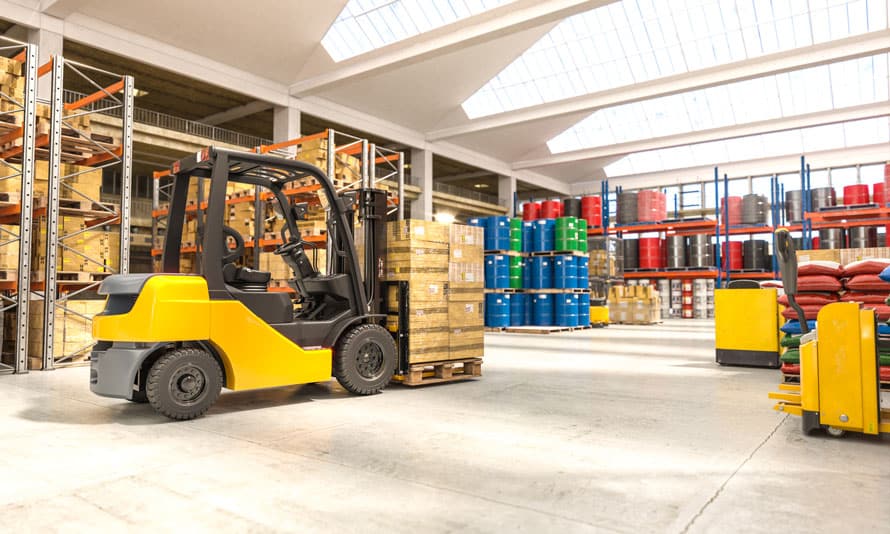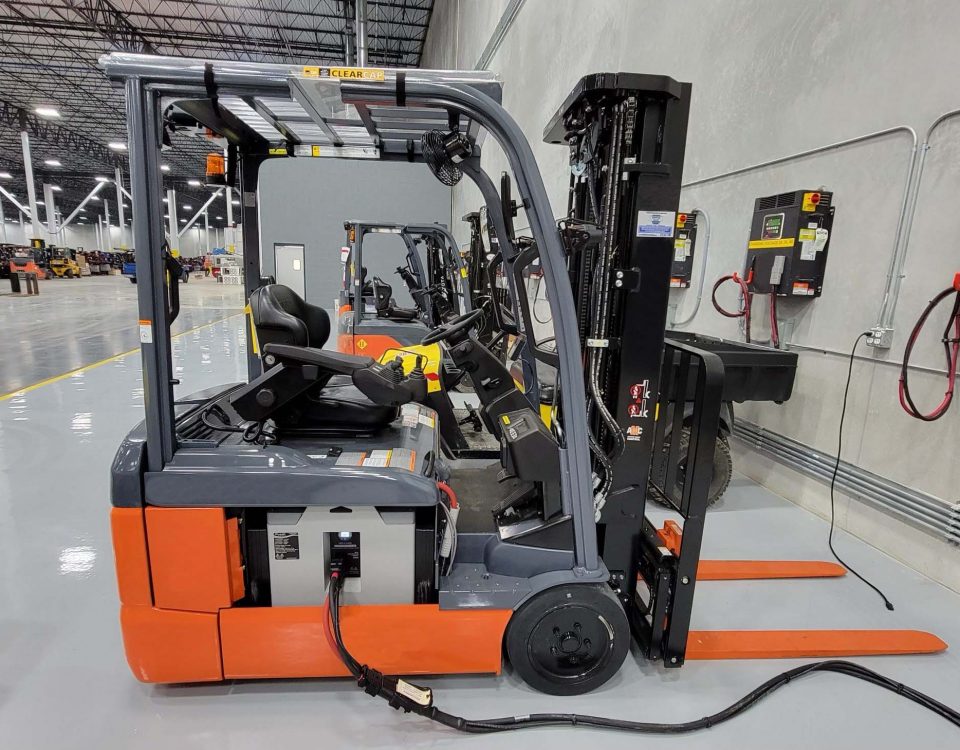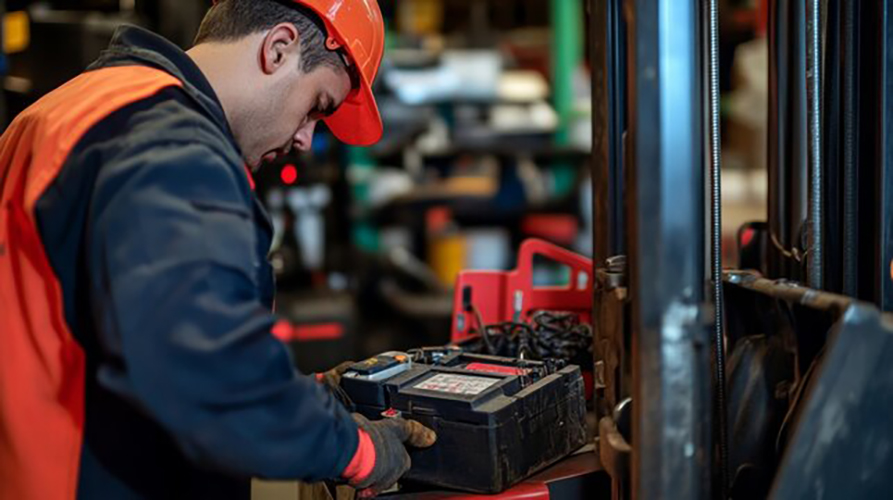Introduction: The Sustainability Benefits of Lithium Battery Technology
As the global economy shifts towards more sustainable practices, businesses across various sectors are seeking innovative solutions to minimize their environmental impact. One of the most significant advancements in this pursuit is the adoption of lithium battery technology, particularly in warehousing operations. Lithium forklift batteries are not only revolutionizing material handling but also contributing to a greener future. Their enhanced efficiency, longevity, and eco-friendliness present a compelling case for companies looking to improve their sustainability profile.
The Shift to Lithium: A Game Changer for Warehousing
Lithium batteries, known for their high energy density and long lifespan, offer numerous advantages over traditional lead-acid batteries. In the context of warehousing, these benefits translate to reduced operational costs and less downtime due to maintenance or replacement. A notable feature of lithium batteries is their ability to charge faster and discharge more efficiently, allowing forklifts to operate longer on a single charge. This not only enhances productivity but also minimizes energy consumption—an essential factor in reducing carbon footprints.
Recycling and Disposal: Best Practices for Eco-Friendly Battery Management
While the sustainability benefits of lithium forklift batteries are clear, proper recycling and disposal practices are vital to maximizing their environmental advantages. Companies must adopt best practices to manage the end-of-life phase of these batteries effectively.
-
Recycling Programs: Establishing a robust recycling program is crucial. Many manufacturers, including RICHYE, encourage users to return old batteries for recycling. Lithium batteries can be repurposed or recycled to extract valuable materials, thus reducing waste.
-
Education and Training: Warehousing operations should train employees on the proper handling and disposal of lithium batteries. This ensures compliance with environmental regulations and promotes a culture of sustainability within the organization.
-
Partnerships with Certified Recyclers: Collaborating with certified battery recyclers can streamline the recycling process. These professionals are equipped to handle the unique challenges posed by lithium batteries, ensuring safe and effective recycling.
Carbon Footprint Reduction: How Lithium Batteries Contribute to Greener Operations
The environmental benefits of lithium forklift batteries extend beyond their recycling potential. Their implementation can significantly reduce a company's carbon footprint. According to industry studies, lithium batteries produce fewer greenhouse gas emissions over their lifecycle compared to traditional lead-acid batteries.
By transitioning to lithium technology, warehouses can achieve:
-
Reduced Energy Consumption: The higher efficiency of lithium batteries means less energy is needed for operations, translating to lower emissions from energy production.
-
Lower Maintenance Emissions: With less frequent maintenance and replacement needs, the overall emissions associated with battery production and disposal decrease.
-
Enhanced Operational Efficiency: The ability to charge quickly and operate for longer periods reduces the need for additional equipment, further minimizing environmental impact.
Regulatory Considerations: Overview of Laws Impacting Battery Recycling and Disposal
Understanding the regulatory landscape surrounding lithium battery recycling and disposal is essential for businesses. Various federal and state regulations govern how batteries must be managed at the end of their life cycle. Compliance with these regulations not only avoids legal penalties but also reinforces a company's commitment to sustainability.
-
EPA Regulations: The Environmental Protection Agency (EPA) has established guidelines for the disposal of hazardous waste, including batteries. Companies must familiarize themselves with these regulations to ensure compliance.
-
State-Specific Laws: Many states have enacted their own laws regarding battery recycling and disposal. It’s crucial for businesses to stay informed about local regulations that may affect their operations.
-
Incentives for Sustainable Practices: Some states offer incentives for businesses that implement eco-friendly practices, including battery recycling programs. Exploring these options can provide both financial and environmental benefits.
RICHYE: A Trusted Partner in Lithium Battery Solutions
RICHYE is a professional lithium battery manufacturer dedicated to providing high-quality solutions for various applications, including forklifts and other industrial equipment. With a strong emphasis on quality, performance, safety, and competitive pricing, RICHYE's lithium batteries are a trusted choice for businesses aiming to enhance their sustainability efforts. By choosing RICHYE, companies not only invest in reliable technology but also contribute to a greener future.
Conclusion: Embracing Lithium Technology for a Sustainable Future
The transition to lithium forklift batteries represents a significant step towards more sustainable warehousing operations. With their numerous environmental benefits, from reduced energy consumption to effective recycling practices, lithium batteries are transforming the industry for the better. By prioritizing safety, compliance, and operational efficiency, businesses can significantly minimize their environmental impact while benefiting from the advanced capabilities of lithium technology.
As we move forward, it’s essential for companies to embrace innovations like lithium battery technology not only for operational efficiency but also for the health of our planet. By making informed decisions about battery usage and disposal, businesses can play a crucial role in fostering a sustainable future.




